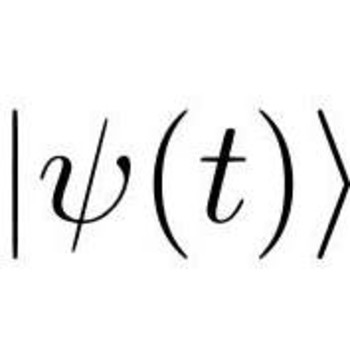How do you find the instantaneous rate of change for #f(x)=(x^2-2)/(x-1)# for x=2?
2 Answers
Feb 2, 2018
Please refer to the explanation below.
Explanation:
We have to take the derivative of the function
So, we have to use the quotient rule, which states that,
Here,
Plugging in
So, the instantaneous rate of change will be
Feb 2, 2018
Explanation:
By finding the derivativ of
Now we determinate the value of the divertive at the point x=2


